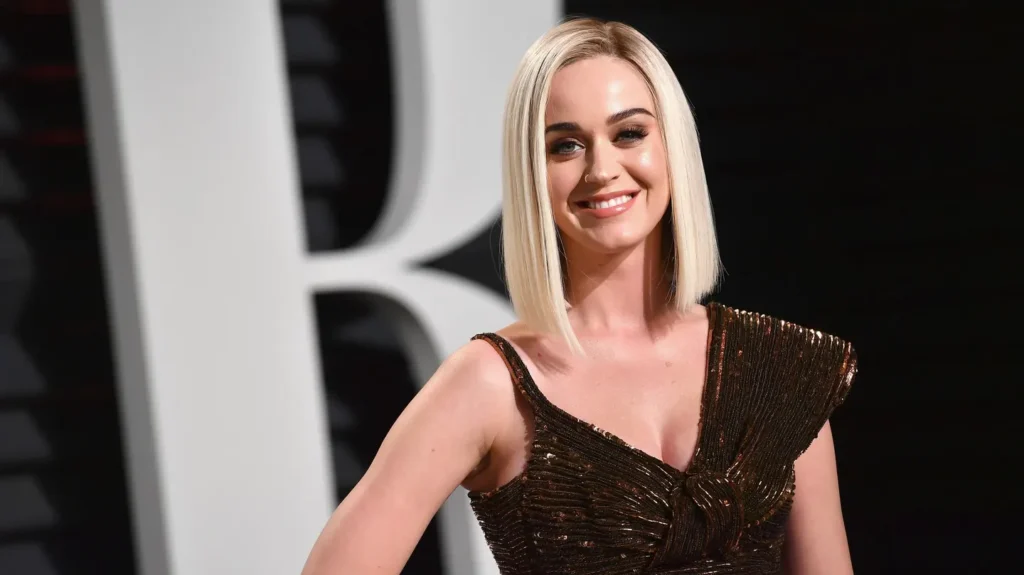May 7, 2024,05:04pm EDT
Topline: Counterfeit AI-Generated Images of Katy Perry and Rihanna at Met Gala Gain Traction, Highlighting Deepfake Concerns
Key Facts:
- Deepfakes, a product of “deep learning” AI, manipulate videos and images, often deceiving internet users into believing false narratives involving celebrities and politicians.
- While some deepfakes are humorous, like Nicolas Cage inserted into films he never starred in, others are malicious, such as non-consensual porn or politically motivated fabrications.
- Political figures, including Barack Obama, have been targeted by deepfake creators, with falsified videos spreading misinformation.
- The origin of deepfakes traces back to a Reddit user named “Deepfake,” who in 2017 initiated the trend by superimposing celebrities’ faces onto adult film actors.
- The recent Met Gala event sparked viral circulation of fake images, such as Katy Perry’s distorted attire and Rihanna’s AI-generated appearance, despite her absence due to illness.
How to Spot a Deepfake:
- Anomalies: Look for inconsistencies like misplaced body parts or abnormal features.
- Eye Movements: Deepfake videos may exhibit unnatural blinking or irregular eye movements.
- Audio/Video Quality: Mismatched audio and video synchronization can indicate manipulation.
- Source Verification: Authenticity can often be confirmed by tracing the source of the content to credible sources.
- Skill Enhancement: Tools like MIT’s Detect Fakes and Microsoft’s Spot the Deepfake offer quizzes to refine deepfake detection abilities.
Tangent: Deepfake technology has been exploited for political propaganda, as demonstrated by the Republican National Committee’s use of AI-generated images portraying a dystopian scenario under a Biden-Harris administration. Conversely, viral deepfakes of former President Trump have also proliferated, including fabricated images and videos disseminated on social media platforms.

